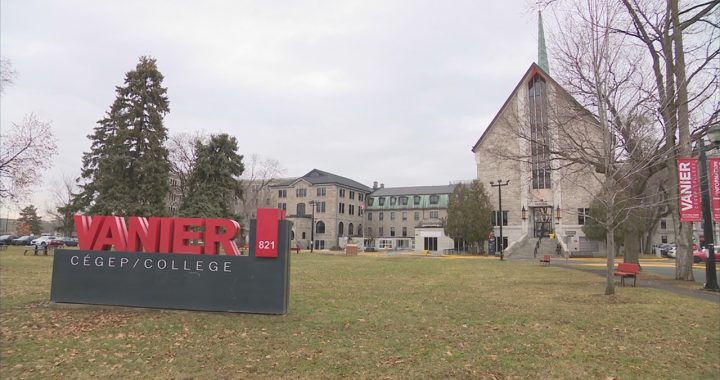A plan by Crown prosecutors to put a restorative justice process in place for non-Indigenous fishermen accused of assault and arson will not include the Mi’kmaw fisher who was surrounded by a mob while he was inside a lobster pound.
The Mi’kmaw fisherman who has not spoken to the media about the process has told the Crown he wants nothing to do with the process.
Despite his absence, Crown lawyer Rob Kennedy says it will go ahead.
“It will involve members of the Indigenous community participating, particularly individuals that are involved in the fishery, Elders from the community, as well as the Mi’kmaw Legal support network itself,” he says.
Almost two years ago, lobster harvesters from Sipekne’katik First Nation exercised their treaty right to fish, launched their self-regulated fishery at Saulnierville wharf, in southwestern Nova Scotia.
Police and the federal government stood and watched as non-indigenous fishermen reacted with violence, on land and water.
A boat flotilla surrounded Mi’kmaw boats, and hauled Mi’kmaw lobster traps, a van was burnt, and a chief was assaulted.
On Oct. 14, 2020, about 200 people surrounded a lobster pound that was storing a Mi’kmaw lobster catch, they threatened to burn down the building while a Mi’kmaw fisherman was barricaded inside.
Crates of lobster were dumped on the ground. Police were criticized for standing by. The building was torched a few days later.
Twenty-five people face charges of break and enter, unlawful assembly and forceable entry.
They will avoid court if they participate in restorative justice.
“It’s a double standard it’s unreal,” says Sipekne’kativ First Nation Chief Mike Sack. “I don’t even like using the word Canadian anymore.”
Sack says he doesn’t believe justice will be served by going this route.
“I just learned today that restorative justice is something people were pushing for because they were trying to take another route with them, and they were going to get off scot-free,” he says.
The charges related to arson were not referred to the restorative justice process.
An arson charge against Brendon Douglas James Porter of East Pubnico, N.S., was adjourned Friday until Apr. 25. The second arson charge against Sean Roy Messenger of Shelburne County, N.S., had been withdrawn.
According to Justice Canada, restorative justice provides an opportunity “for victims, offenders, and communities affected by a crime to communicate (directly or indirectly) about the causes, circumstances, and impact of that crime, and to address their related needs,” and “Is based on an understanding that crime is a violation of people and relationships and is based on principles of respect, compassion, and inclusivity.”
According to the Crown, anyone who is not successful with the restorative justice process will go to court to face their charges.
“It invokes traditional restorative approaches, and education understanding on community building, we felt that was the most important aspect of this case,” says Kennedy.
Read More:
While Sack doesn’t support the process, the Mi’kmaw Legal Support Network does.
“This is a really serious event that happened, and though it may not be reflected in necessary in the charges that were laid, we want to make sure that there is proper education, that there is accountability and that Mi’kmaw needs will be heard and met,” says its executive director Paula Marshall.
While a hearing was scheduled for September, for an update, the Crown expects more time will be needed to complete the restorative justice process.










